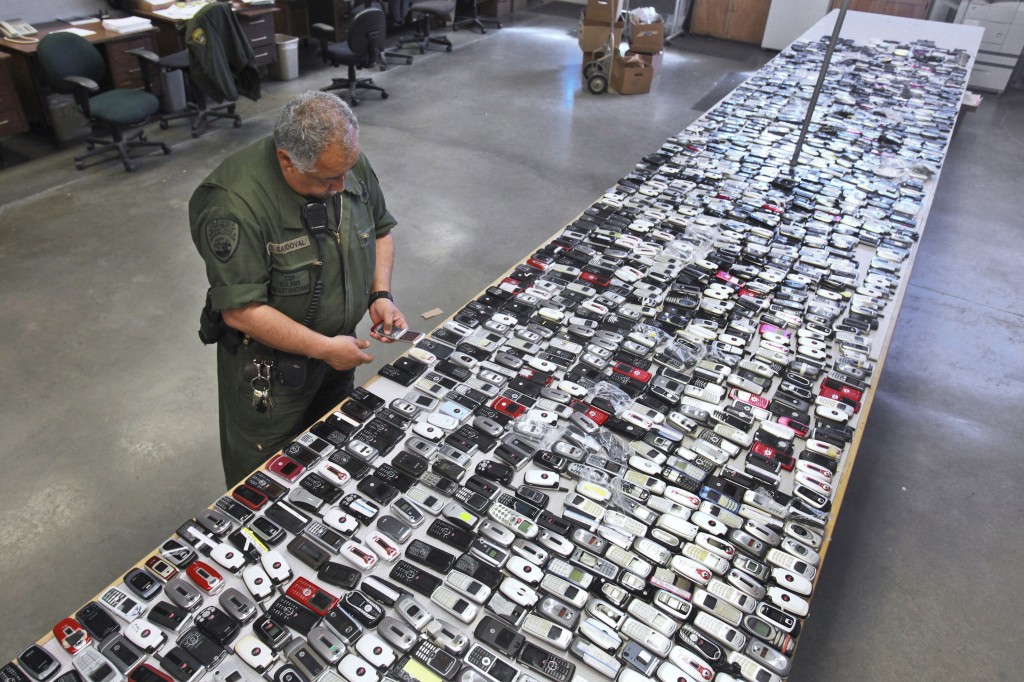The UK government is announcing some pretty massive reforms to its prison system today, in a move that makes some big assumptions about how individuals and organisations work.
Six prisons are being given way more freedom than they’ve got at the moment to decide how they’re run.
Governors will be able to:
- Decide how to spend their budget pretty much by themselves
- Set up partnerships to get prisoners into work and rehabilitation
- Make plans on how to generate and retain income in the future
Plus, the government is going to publish league tables with statistics on reoffending, self-harm, violence towards staff, literacy rates, and the number of offenders who’ve found jobs after release, as a way of motivating governors and inmates to do well in rankings.
They’re also going to monitor prisoners with GPS satellite tags to make sure they’re not doing anything that could lead towards reoffending when they’re out of jail – there’s talk of even banning prisoners from consuming alcohol after their release (the GPS tag would verify whether they had) and blocking mobile phone signal in prisons.
It’s making some big assumptions about…
...how organisations work best:
The idea is that the freedom to make their own decisions, the possibility of generating income, and the option of partnering with private businesses will motivate prison governors to use their budgets more wisely than a top-down government imposed policy would do.
...how individuals work best:
It’s assuming that competition is what drives us. If we’re being publicly compared to others, be it other offenders or other jails, then we’re more likely to try hard, work hard, and do better.
...how to convince people that this is a good idea:
Prime Minister David Cameron’s strategy to get the public on board with this idea is to tell us how much time and money it will save. He’s said that the prison system as it stands "increases the bill of social failure that taxpayers must pick up, and writes off thousands of people." Basically, it’s a waste of money, and a waste of (wo)manpower.
But will that argument work for everyone? The dangers of giving more freedom and independence to governors, and motivating inmates via competition, could be that governors start making decisions based on how to generate the most income rather than what’s best for prisoners. And encouraging inmates to think in a competitive way, as well as monitoring their behavior so closely, could backfire if their thinking became so individualistic that they ended up making choices that were damaging for others.
What do you think? Find out more about the assumptions behind privatisation our Your Government section, and about human behavior in the You section.

